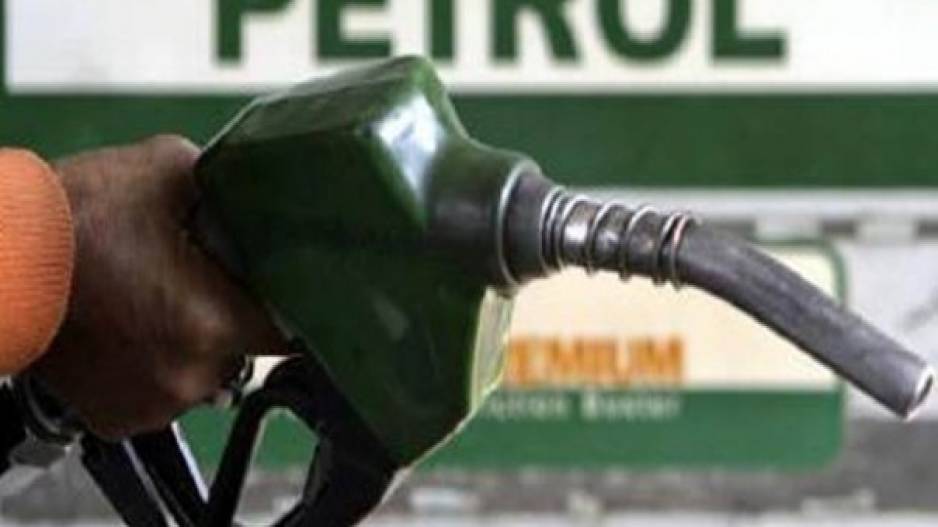Recommended Stories
New Delhi: There will be no change in retail fuel prices though the government added excise duty of Rs 2/litre on petrol and diesel from midnight today.
“However, retail price of petrol & diesel will remain unchanged allover India despite additional excise duty of Rs 2/litre from midnight today,” Union petroleum minister Dhramendra Pradhan said in his twitter handle.
Though jet fuel (ATF) rates have been cut by a steep 12.5 percent with international oil prices continuing to plunge going below $55 a barrel, the price cut on transport fuels that consumers were expecting on New Year's day has not been effected for the moment.
According to IOC sources, owing to some problems with the server, dates and data were being reflected erroneously earlier Thursday on the company's website, which has now been rectified.
The price of aviation turbine fuel (ATF), or jet fuel, at Delhi was cut by Rs.7,520.52 per kilolitre, or 12.5 percent, to Rs.52,422.92 per kl, state-run Indian Oil Corp announced.
State-owned fuel retailers revise jet fuel prices on the 1st of every month based on average imported cost and the rupee-US dollar exchange rate.
Prices have also been cut for the non-subsidised LPG cylinder, that a consumer may buy at market rates after exhausting the quota of 12 cooking gas cylinders, by Rs.43.50 in Delhi.
The new year's price per 14.2 kg cylinder is Rs.708.50 in Delhi, Rs.725.50 in Mumbai, Rs.746 in Kolkata and Rs.705 in Chennai.
Non-subsidized LPG was last cut on 1 December by a steep Rs.113 per cylinder. In six monthly reductions, non-domestic LPG rates have been reduced by Rs.214 per cylinder, bringing the price to a three-year low.
Earlier, to make up for fall in taxes due to the sustained decline in international crude oil prices, the government hiked excise duty by Rs.1.50 a litre on both the fuels first on Nov 12. Later, on Dec 2, the duty on petrol was hiked by Rs.2.25 per litre and on diesel by Re.1 a litre.
Though consumers have been spared the impact of the excise hike, the government has faced criticism that it was preventing the benefit of falling oil prices from passing to consumers.













